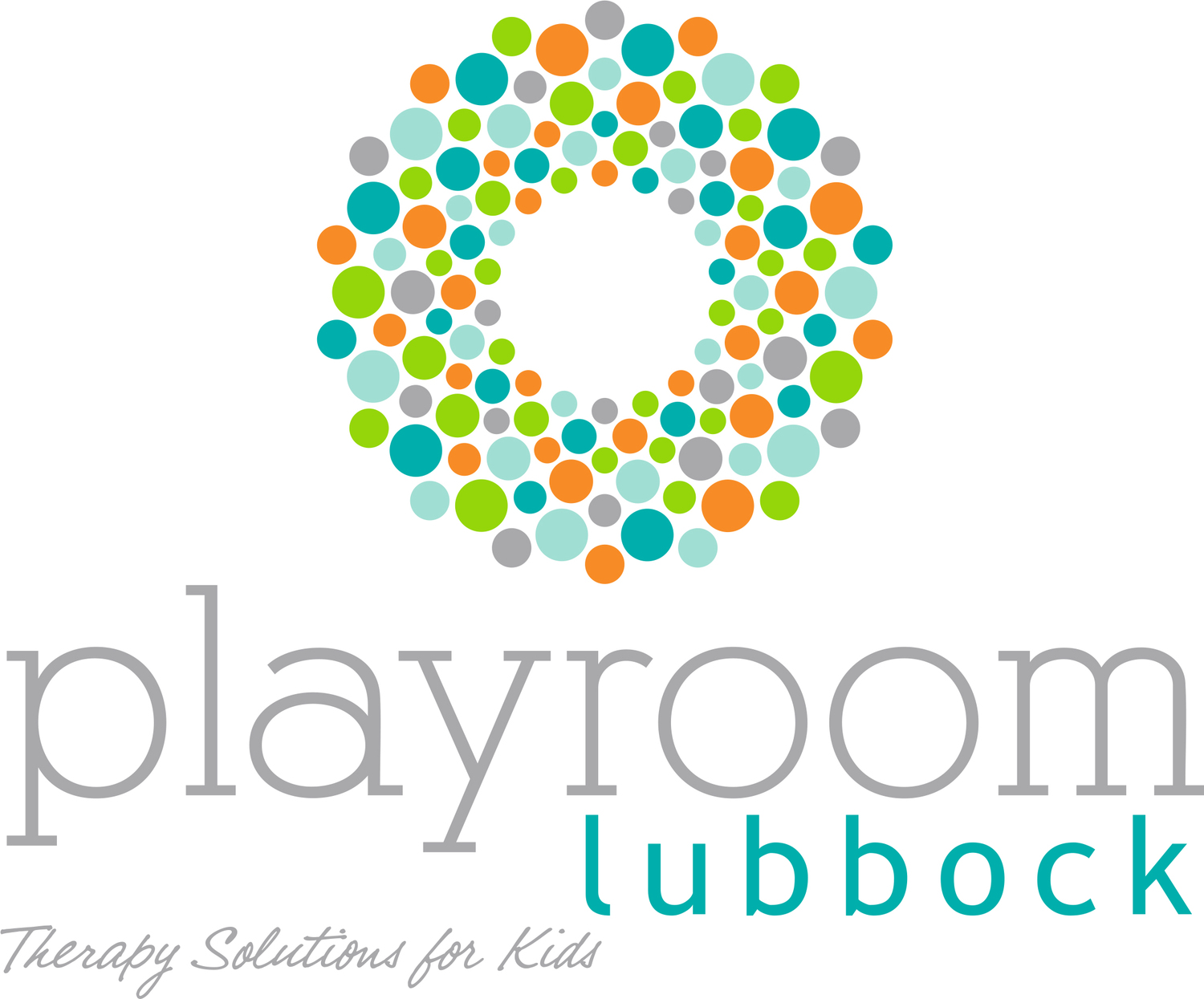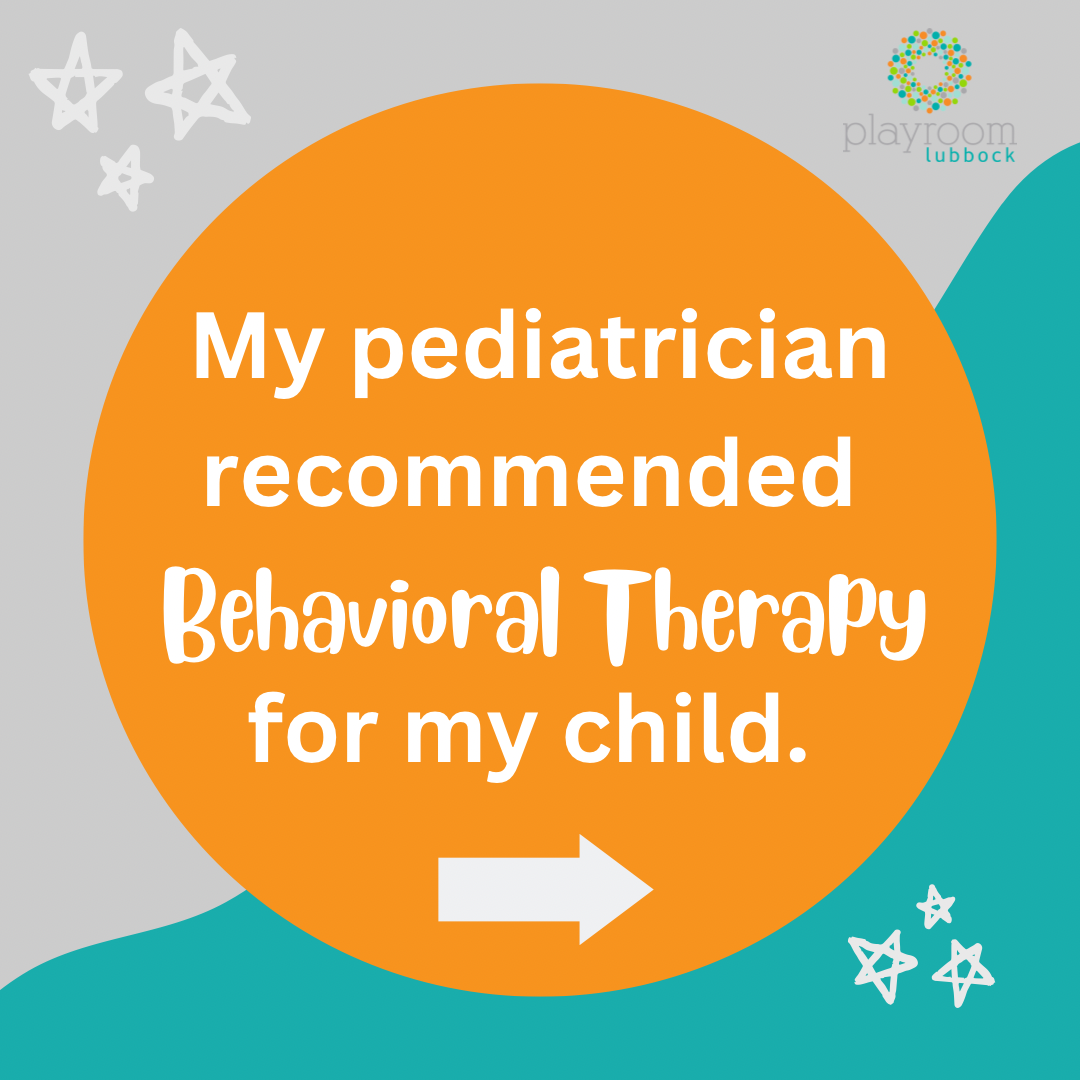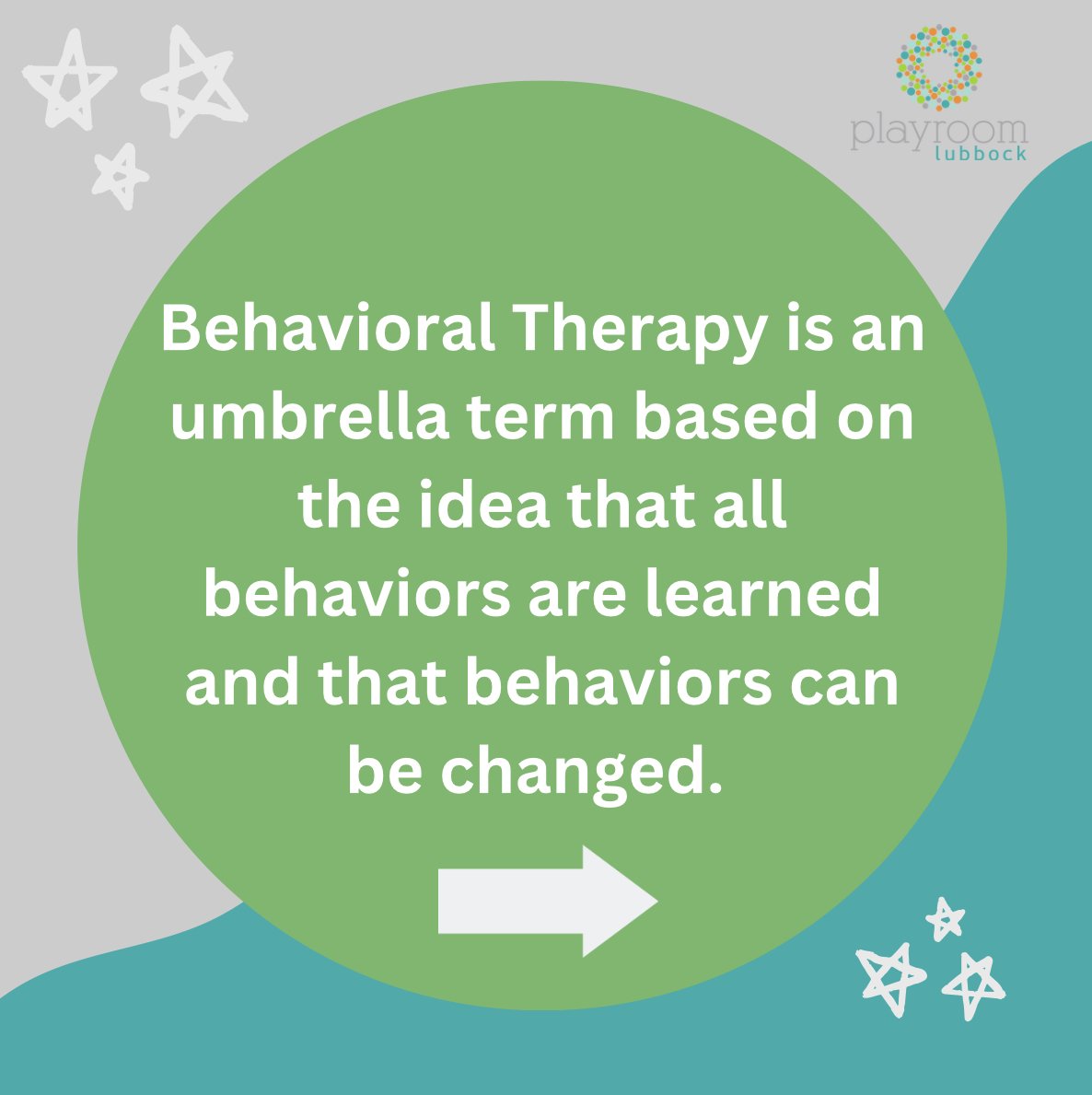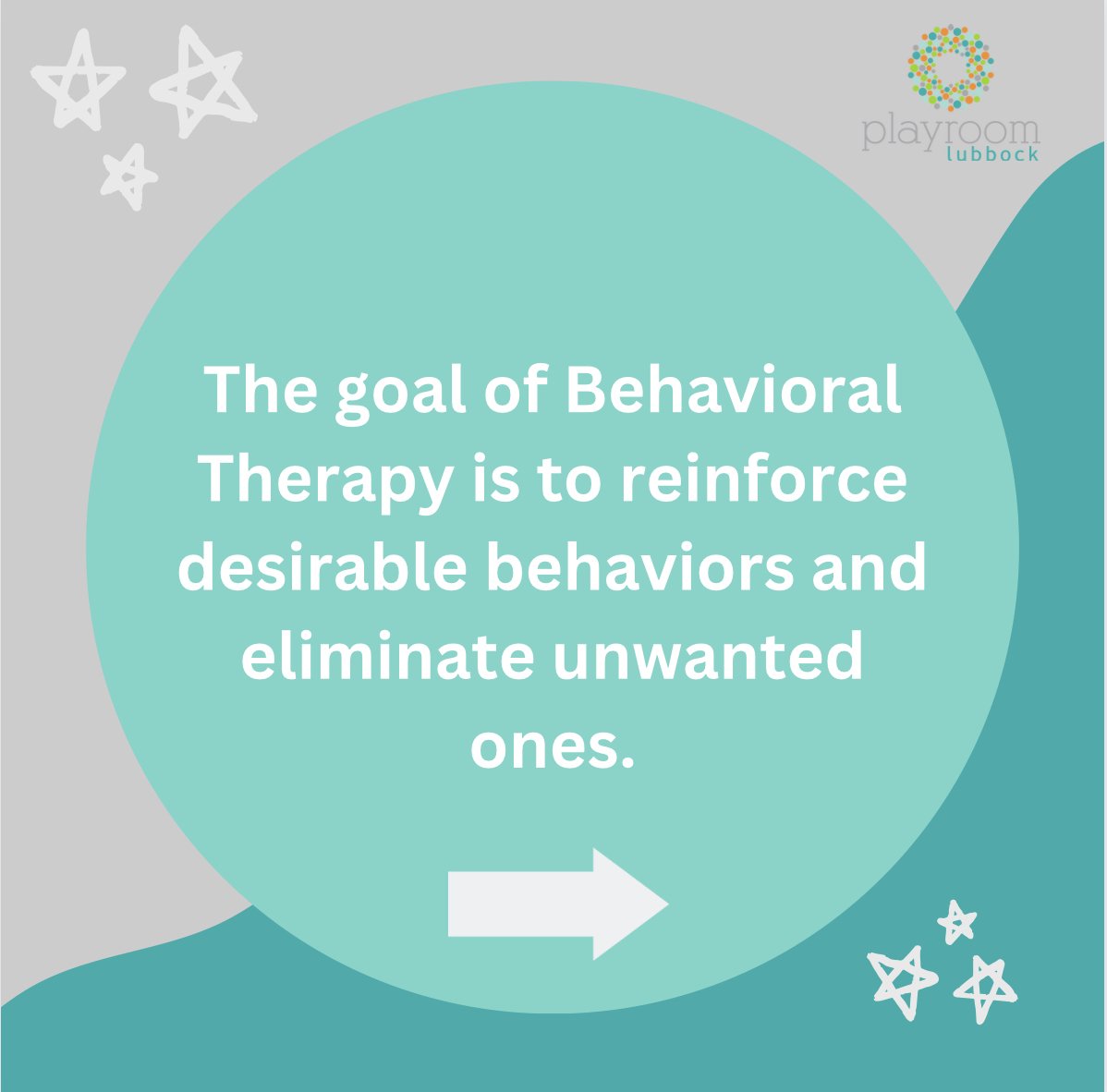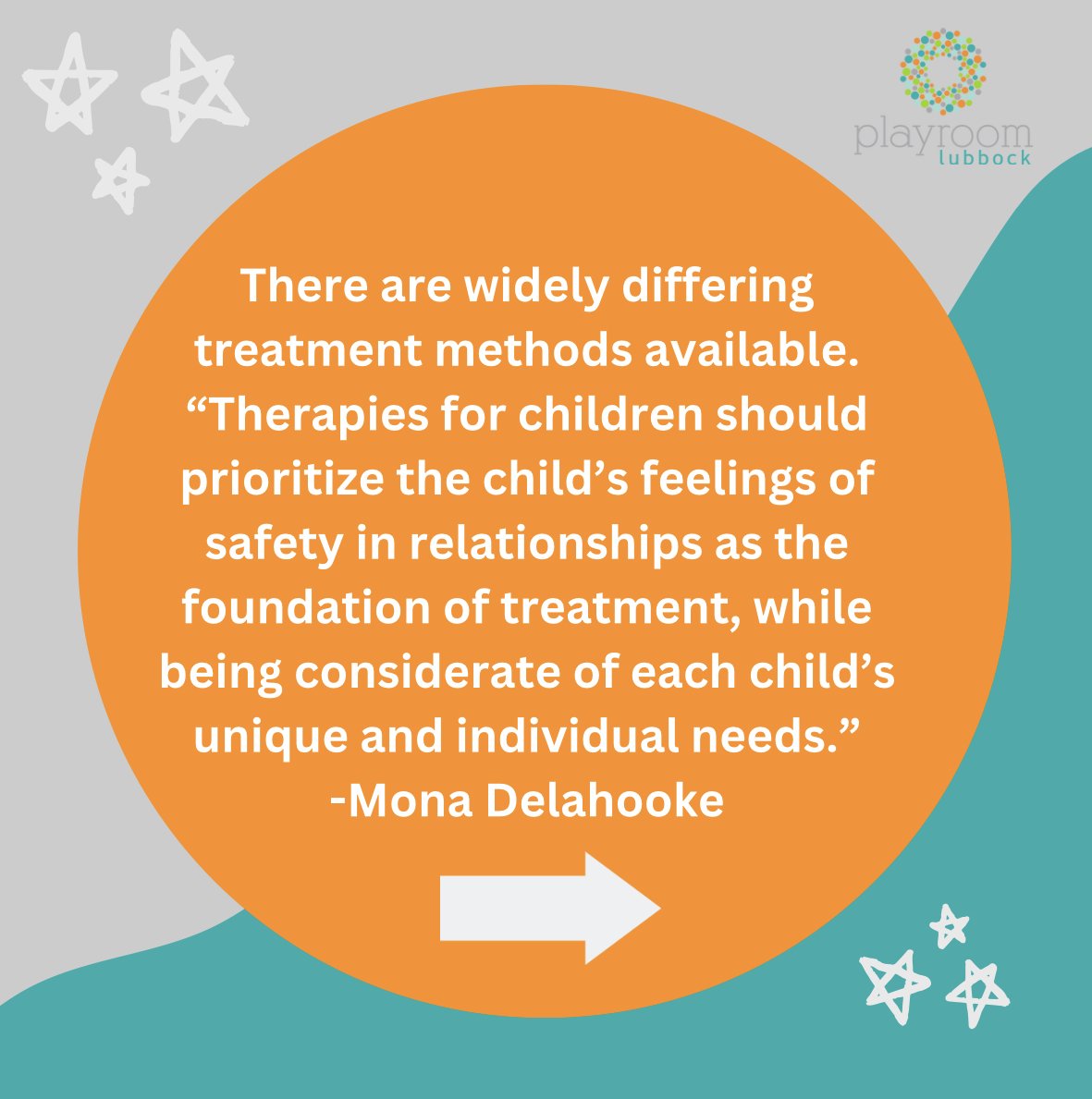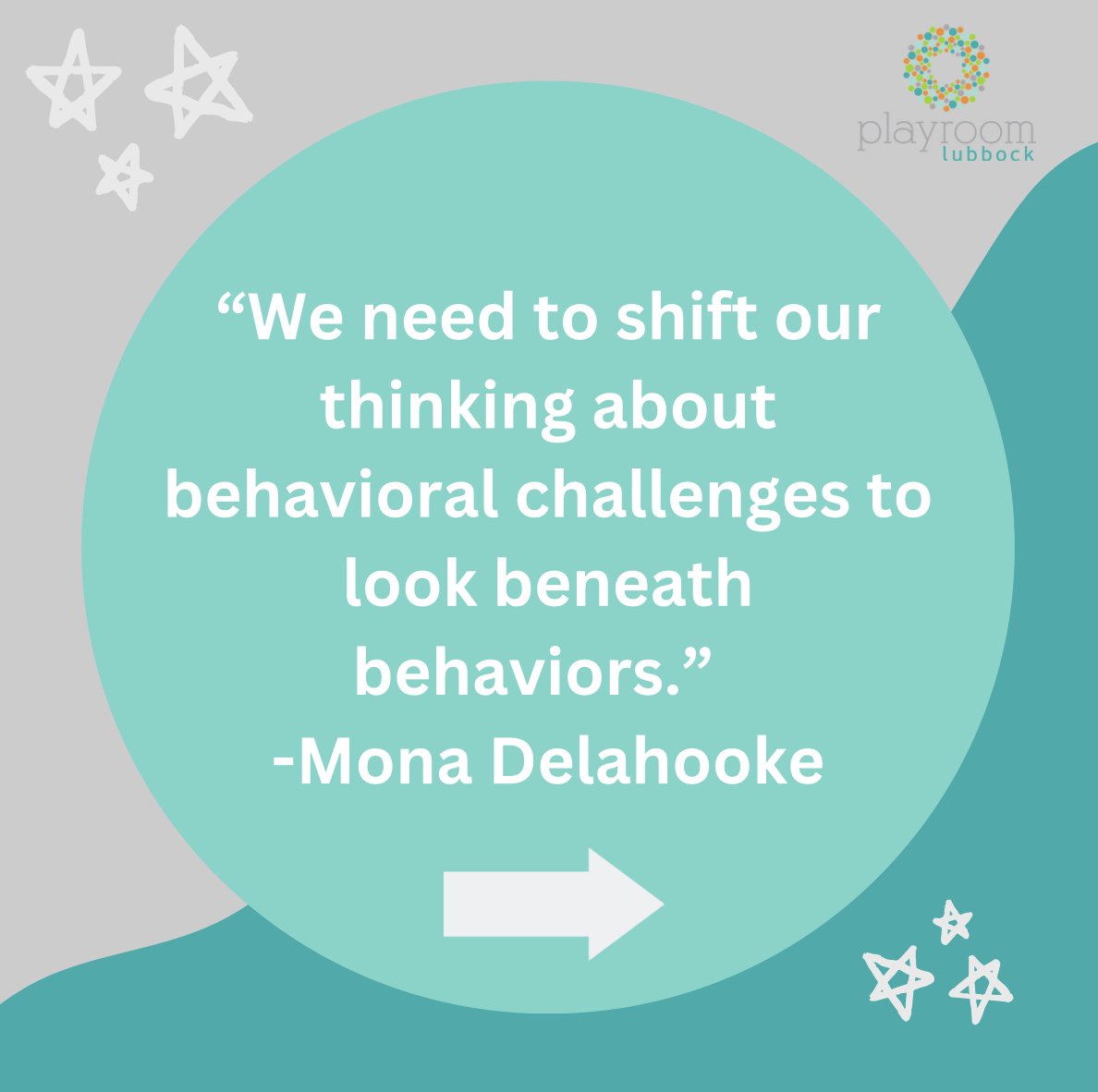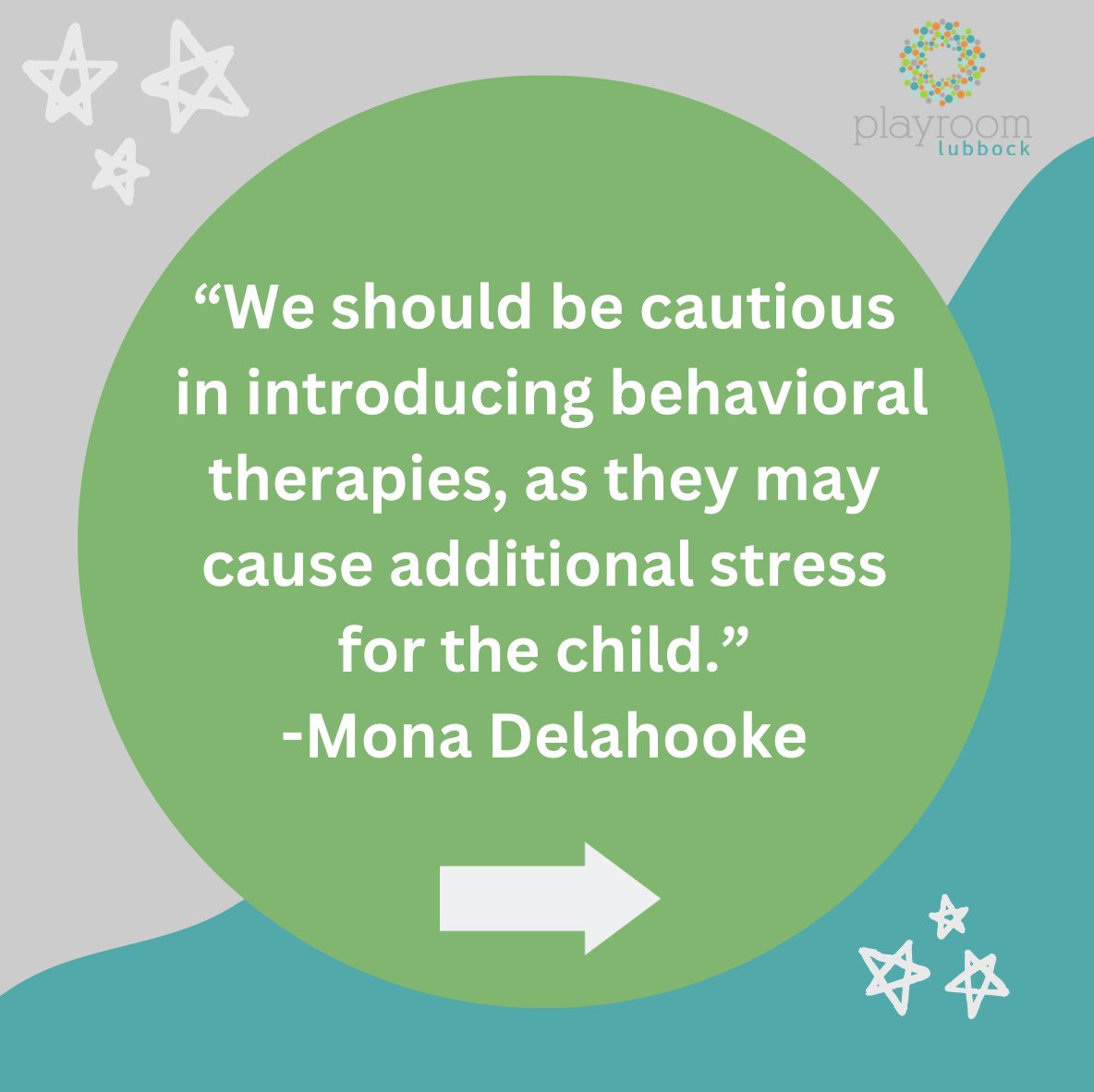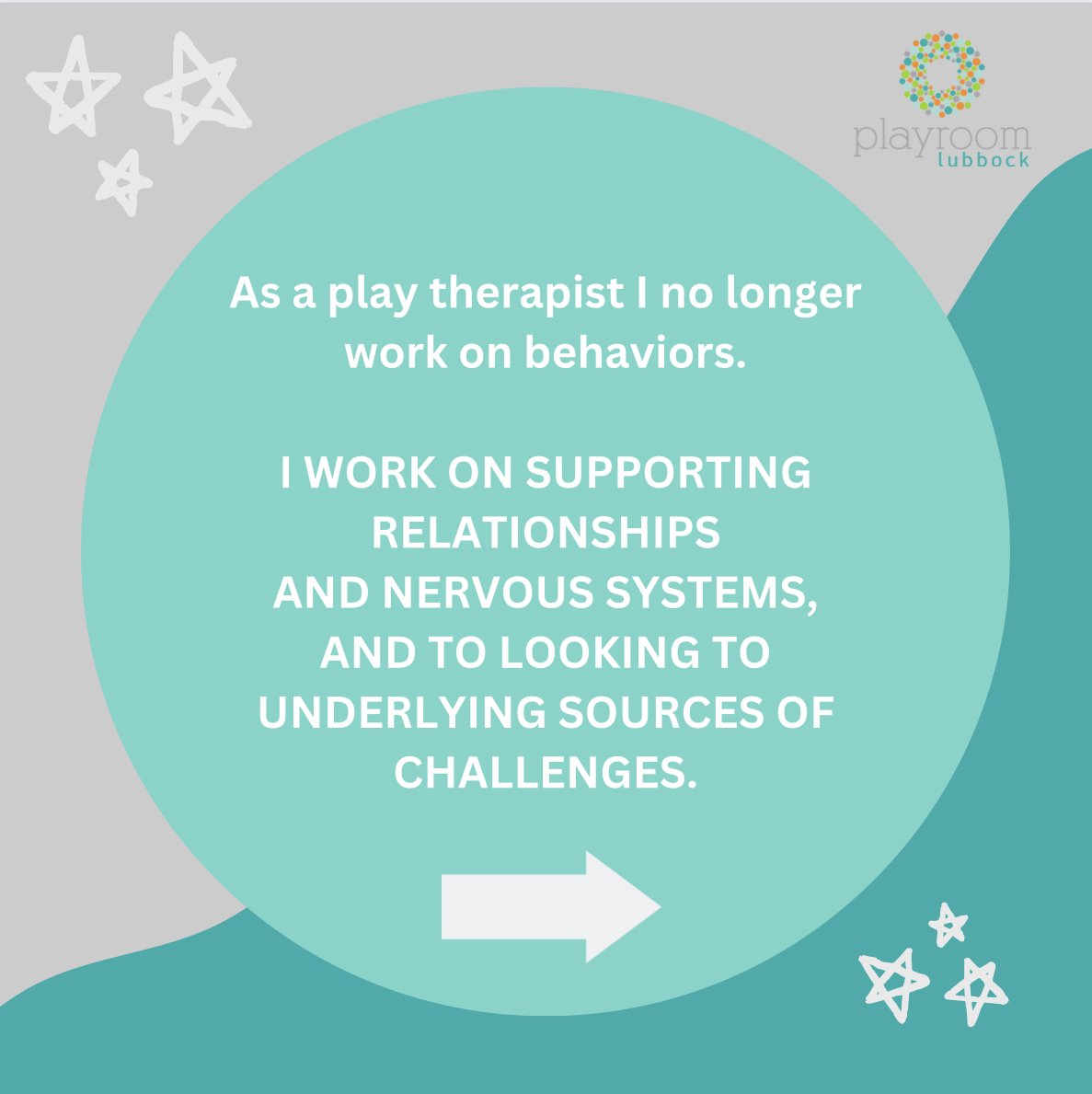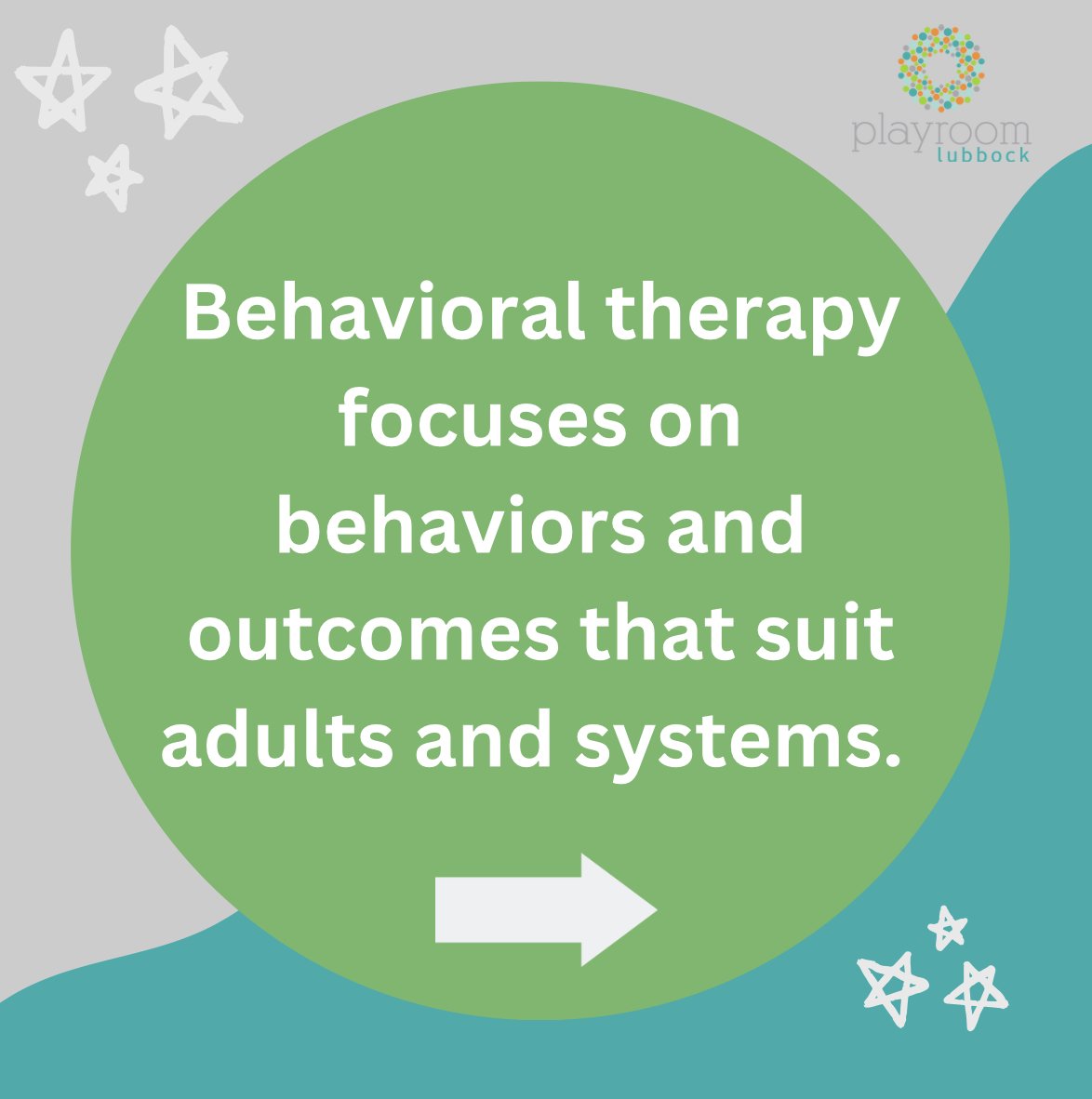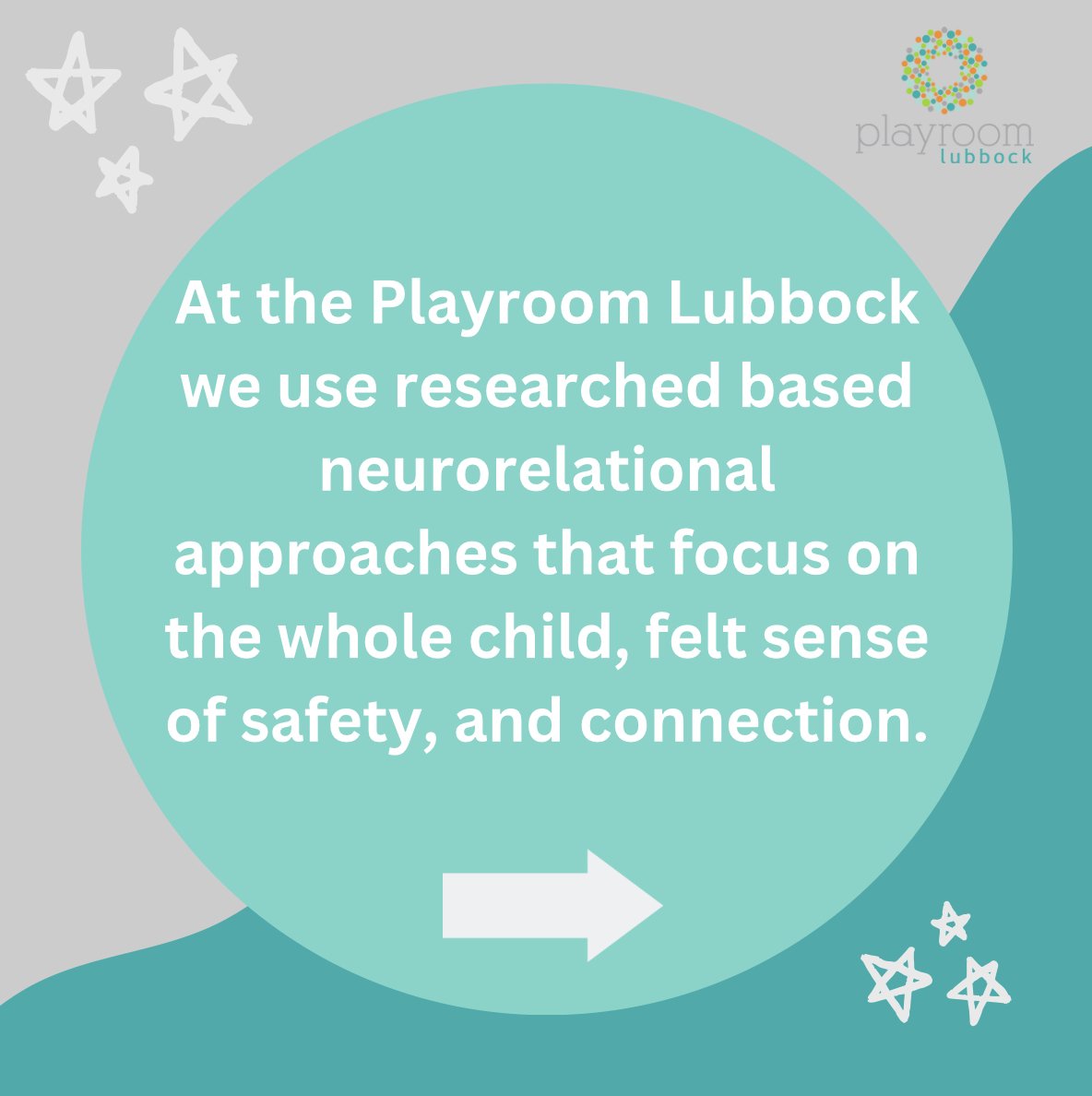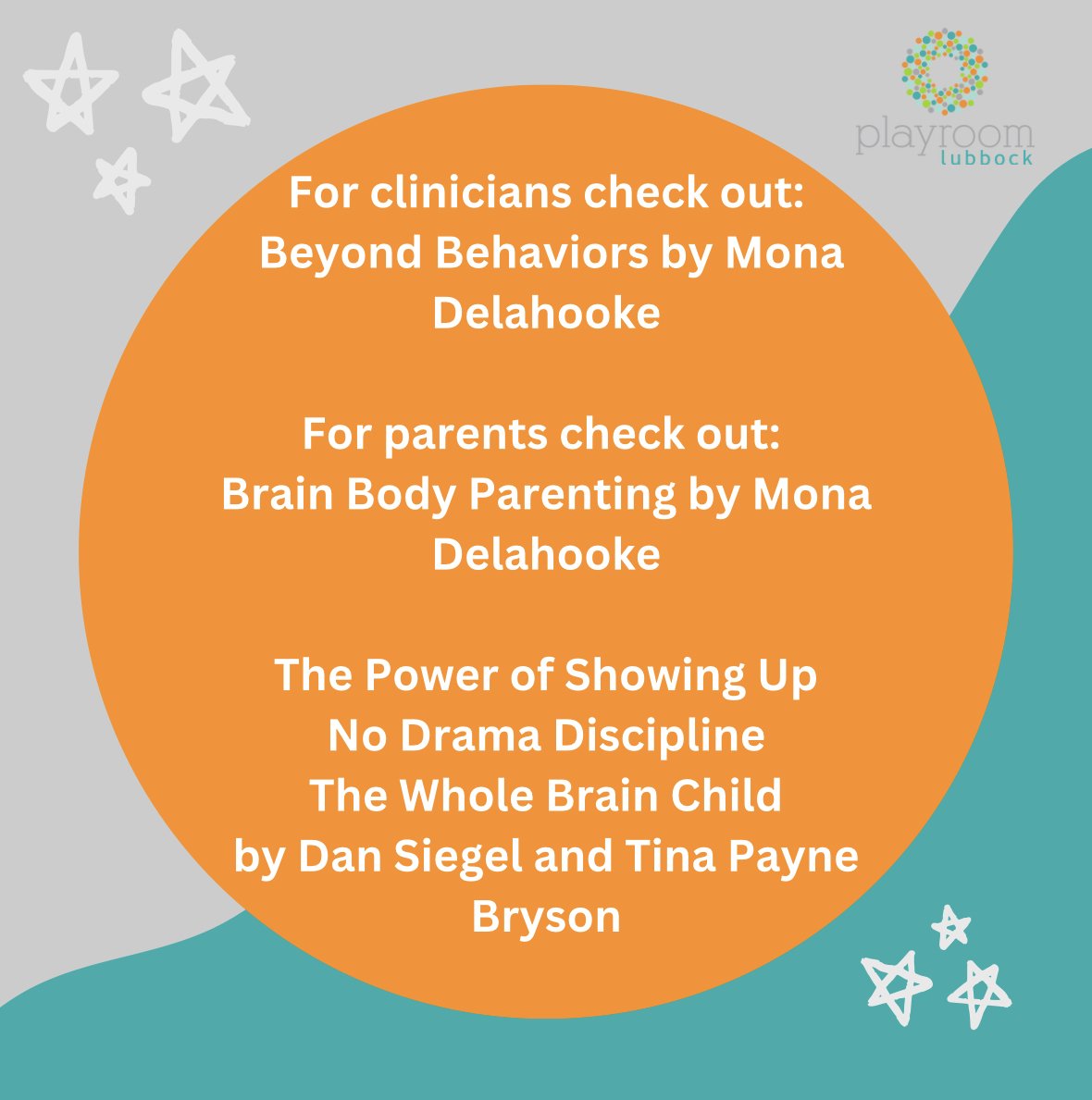Parents and caregivers are an integral part of a child or teen’s therapeutic journey.
Collaboration with your child’s therapist includes parent consultation sessions and communication that are best enhanced by openness, trust, and mutual respect . We understand the vulnerability you may feel as a collaborator. You are an integral part of this process.
Consistency in the therapeutic process sets your child up for positive outcomes. This includes consistent communication with the therapist, consistent scheduling, appointment keeping, and consistent application of learned strategies.
Therapy is quite an investment. It’s an investment in time, finances, and emotions. It’s crucial to have an understandingof the purpose and goals of the process and of any therapeutic intervention. Your therapist has the responsibility of providing that information and you have the responsibility of asking questions, seeking the information that you need, and advocating for yourself and your child.
There is no doubt the therapeutic process can feel uncomfortable and challenging for both you and your child in order for growth to emerge. As long as the process and therapist feel safe, you have an understanding of the intervention, you feel respected and valued, and the process will serve your child’s needs , you have a choice to make a commitment to the process. This is a time, financial, and emotional commitment. At any time you can discontinue the therapeutic process. We just ask to be mindful of your child and to collaborate with your therapist on how to best transition away from the process.
Finally, responsiveness is a key ingredient to positive outcomes: responding to and integrating that which you’re learning in the process and to therapist feedback and insights. The therapy process is not your child’s to tackle alone. For best outcomes, your responsiveness is not only welcomed, but necessary.
